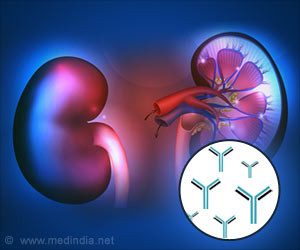People who get less than seven hours of sleep at night have a three times higher risk of catching a cold than people who sleep eight hours or more, according to a study released Monday.
People who get less than seven hours of sleep at night have a three times higher risk of catching a cold than people who sleep eight hours or more, according to a study released Monday.
Researchers at Carnegie Mellon University in Pittsburgh, Pennsylvania studied 153 people by documenting their sleep habits for two weeks and then administered nasal drops that contained the cold-causing rhinovirus."Participants were interviewed daily over a two-week period, reporting how many hours they slept per night, what percentage of their time in bed was spent asleep (sleep efficiency) and whether they felt rested," said the study.
"The less an individual slept, the more likely he or she was to develop a cold," said the findings published in the Archives of Internal Medicine's January 12 issue.
People who reported poorer quality of sleep had an increased likelihood of catching a cold, it said.
"Lower sleep efficiency was also associated with developing a cold, sparticipants who spent less than 92 percent of their time in bed asleep were five and a half times more likely to become ill than those whose efficiency was 98 percent or more. Feeling rested was not associated with colds."
The subjects were all in good health and their average age was 37.
Advertisement
Previous research has linked sleep deprivation to reduced immune function, but there has been limited evidence that lack of sleep increased the risk of catching the common cold.
Source-AFP
SRM















